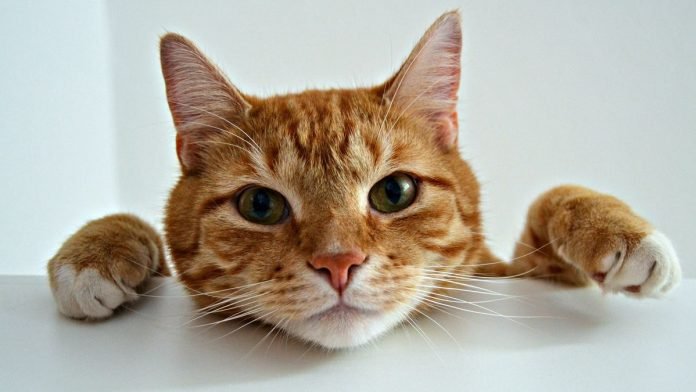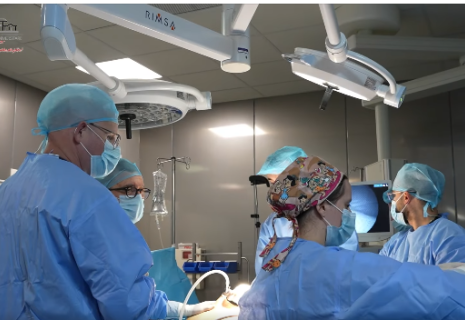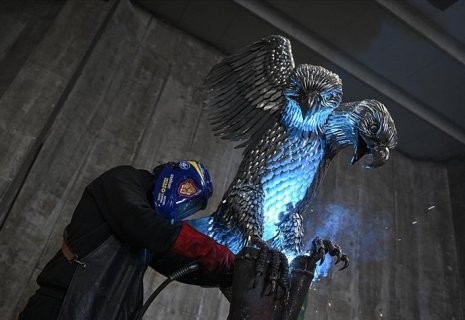
Shocking discovery: Cats develop Alzheimer’s-like dementia, study finds
Cats develop dementia in a similar way to people with Alzheimer’s disease, raising hopes for a breakthrough in research, according to scientists.
Experts from the University of Edinburgh conducted post-mortem examinations on the brains of 25 cats that had shown signs of dementia during their lifetime — such as confusion, sleep disturbances, and increased vocalisation — with the aim of finding new treatments for humans, CE Report quotes ATA.
Previously, researchers had used genetically modified rodents, even though this species does not naturally develop dementia.
In the brains of cats with dementia, scientists found a build-up of the toxic protein amyloid-beta — one of the hallmark signs of Alzheimer’s — describing cats as a “perfect natural model for Alzheimer’s” due to the significant similarities.
Microscopy images revealed amyloid-beta clusters inside the synapses of older cats and those with dementia. Scientists hope these findings will help understand how amyloid-beta leads to cognitive impairment and memory loss, providing a valuable model for studying dementia in humans.
Synapses allow messages to be transmitted between nerve cells, and their loss causes memory decline and reduced mental abilities in Alzheimer’s patients. Researchers found evidence that the brain’s supporting cells — astrocytes and microglia — engulf the affected synapses, a process known as “synaptic pruning”, which is important during brain development but has a negative effect in dementia.
Experts believe these discoveries could lead to the development of new treatments for Alzheimer’s, as well as help in understanding and managing dementia in cats.
“Dementia is a devastating disease, whether in people, cats, or dogs. Our findings highlight the remarkable similarities between feline dementia and human Alzheimer’s. This opens the possibility of seeing whether promising Alzheimer’s treatments in humans could also help our ageing pets,” said Robert McGeachan, lead author of the study from the Royal (Dick) School of Veterinary Studies at the University of Edinburgh.
He added that, because cats naturally develop these brain changes, they could provide a more accurate model of the disease than traditional laboratory animals — benefiting both humans and pets, along with their caregivers.
























